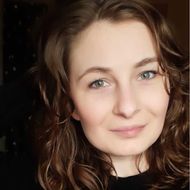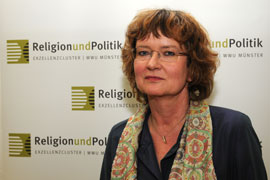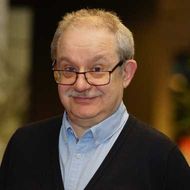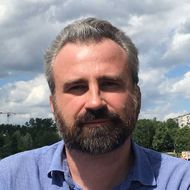- A
- A
- A
- ABC
- ABC
- ABC
- А
- А
- А
- А
- А
- HSE University
- Faculties
- Faculty of Social Sciences
- School of Sociology
- Events
- Research Seminar “Multiple Secularities or: The Demarcation of Boundaries between Religion and its other”
Address: 101000, Moscow,
11 Myasnitskaya Ulitsa.
Phone: 8 (495) 772-95-90 *12349
Email: izangieva@hse.ru

The School of Sociology aims to train future social analysts in sociological reasoning to address the needs of social life, business, politics, public administration, and the media. To this end, the school works to develop a close link between education and research, as well as application-oriented education, internationalization of research and education, and close networks with major employers on the labour market.
In press
Switzerland: Springer, 2025.
In press
Komyaginskaya E., Gallyamova A., Golubkova A. et al.
Applied Cognitive Psychology. 2025.
Olga Filatova, Bolgov R., Arkatov D. et al.
In bk.: Internet and Modern Society. 28th International Conference, IMS 2025, St. Petersburg, Russia, June 23–25, 2025, Proceedings, Part I. (CCIS, volume 2671). Springer, 2025. P. 351-365.
SocArXiv. SocArXiv. University of Maryland, 2025

Research Seminar “Multiple Secularities or: The Demarcation of Boundaries between Religion and its other”


The School of Sociology invites you to the lecture
of Professor of Sociology Monika Wohlrab-Sahr (Leipzig University)
“Multiple Secularities or: The Demarcation of Boundaries between Religion and its other”
Time: Tuesday 13 September, 18:10.
Venue: Myasnitskaya Ulitsa 9/11, Room 432.
If you need a pass to enter the building please contact Ekaterina Sokolova (ksokolova@hse.ru)
Why talk about secularity, why talk about the boundaries of religion in a time, in which the opposite is so often referred to: the de-secularisation of the world, the return of the sacred, the postsecular society? The lecture gives several answers to this question:
First, the central question today is not, as the debate about secularisation seems to suggest, if there is or will be more or less religion. The central question is how “the religious” and the “non-religious” relate to each other. This also implies the question for the boundaries and range of religion in its various forms, for its containment and expansion. In a world-wide perspective, there are different ways of relating religion and the secular to each other, and these relations are sometimes heavily contested.
Second, the contestations about the boundaries of religion today take place under very specific circumstances which I would label the “disembedding” of religion.
The lecture explores the situation of relating religion and its other in a situation of religious disembedding.
- About
- About
- Key Figures & Facts
- Sustainability at HSE University
- Faculties & Departments
- International Partnerships
- Faculty & Staff
- HSE Buildings
- HSE University for Persons with Disabilities
- Public Enquiries
- Studies
- Admissions
- Programme Catalogue
- Undergraduate
- Graduate
- Exchange Programmes
- Summer Schools
- Semester in Moscow
- Business Internship
- © HSE University 1993–2025 Contacts Copyright Privacy Policy Site Map
- Edit


